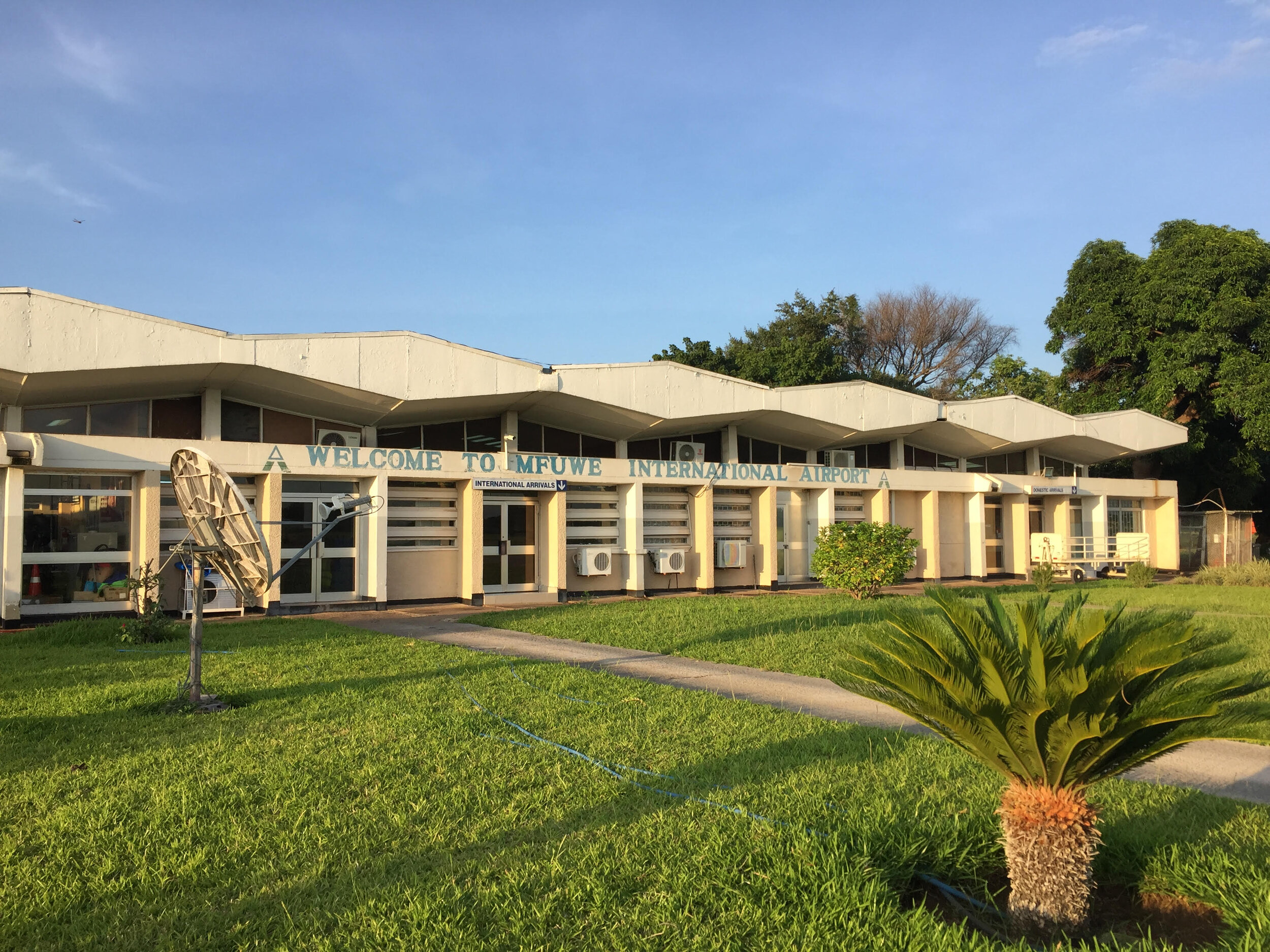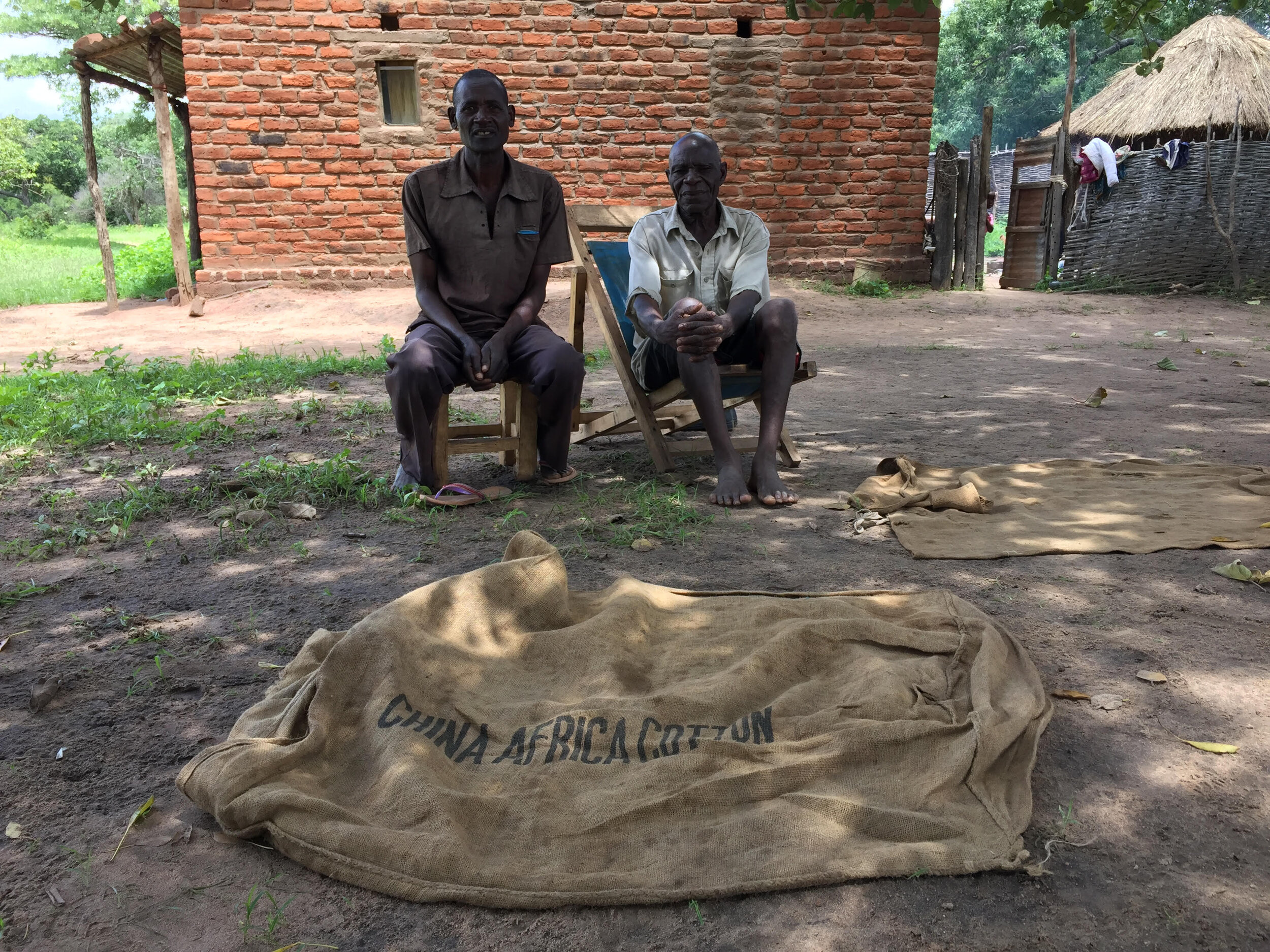BY YIFAN POWERS, MAI YER XIONG, CHARLIE (YACHUAN) CHEN, AND FREDRICK TOOHEY
Yifan Powers, Mai Yer Xiong, Charlie (Yachuan) Chen, and Fredrick Toohey are second-year International Development students who are working with Technoserve, an NGO seeking to enhance smallholder farmer welfare. The team traveled to Zambia where their main client was the China Africa Cotton Company (CACC). By meeting with experts and smallholder farmers, they were able to identify cotton yield as a key issue for CACC. The team is now working with CACC to refine their approach to improving yield.
The IDEV Practicum allows students to work directly with public, private and non-governmental organizations as a capstone to their graduate studies. The 2020 IDEV Practicum Blog is a seven-part series that chronicles the travels of IDEV students who take on client projects over winter break.
Zambia’s agricultural sector employs more than half its population, but the sector offers limited pathways out of poverty for its smallholder farmers. Like most southern African countries, Zambia’s agriculture sector is characterized by relatively slow productivity growth, low technological adoption, and low investment. As part of the UK Department for International Development-funded Commercial Agriculture for Smallholders and Agribusiness (CASA) program, the private-sector development NGO TechnoServe engaged our practicum team to figure out what interventions in this type of environment are feasible to improve smallholder farmer welfare. The CASA program aims to stimulate investment in the African agricultural sector by working with agribusinesses to identify and address key business challenges. By helping these companies become more profitable, TechnoServe believes more investors will devote more capital to agriculture projects, thus spurring productivity growth and raising smallholder farmer incomes in the sector.
We were assigned to work with the Zambian branch of the China Africa Cotton Company (CACC), based in the Chipata district of Eastern province. CACC is owned by the China Africa Development Fund (CAD Fund), a $6 billion Chinese, state-owned investment vehicle with holdings across a variety of sectors. CAD Fund’s mission is to support Chinese investment in Africa by fostering cooperation between Chinese companies and African governments, thus supporting industrialization and agricultural modernization in their economies.
Our first few hours in Zambia drove home the extent of Chinese investment in the region. The Chinese-Zambian economic collaboration stretches back to the 1970’s, when China built the TAZARA railway as its largest ever foreign aid project. Upon landing at the Lusaka airport, we walked past the new, Chinese-built international terminal, then drove past the Chinese-built national stadium, and finally arrived at our Chinese-owned hotel, which was festooned with Chinese New Year decorations. Seeing the evidence of all this collaboration in person underscored how important the Chinese-African relationship is and will continue to be for countries like Zambia.
To understand CACC’s operating environment, our practicum team spent the next three days in Lusaka meeting with members of the CAD Fund, cotton-sector regulators, and other experts. We then boarded a flight to Eastern province where we met with CACC’s management and interviewed smallholder farmers, as well as other members of CACC’s outgrower staff.
The cotton sector in the country as a whole has struggled recently due to a combination of low global cotton prices and heavy competition between firms. These forces have lowered profit margins for all companies in the sector, forcing them to cut investment and agricultural extension programs, consequently lowering the volume of cotton sourced each year. This means that for smallholder farmers, cotton is not as economically competitive as other crops like soya bean. However, farmers still chose to plant some cotton as cotton companies supply inputs on credit at the beginning of each season, which is not the case for other crops. Boosting cotton yields is thus one of the key levers we are exploring to renew smallholder farmer interest in the crop. We are currently working with the CAD Fund and CACC to refine their approach to addressing yield and we will be interested to see how CACC continues to engage with their smallholder farmers and Zambia’s agricultural sector in general to foster economic development in the country.
To read about the work that other IDEV Practicum teams did this year, visit this page.
Photo Credit: Technoserve Practicum Team






